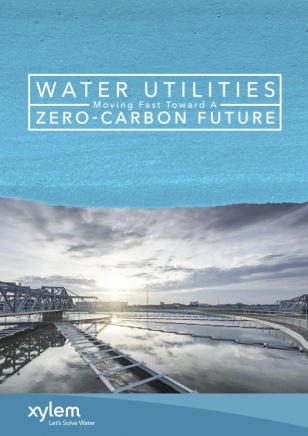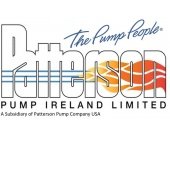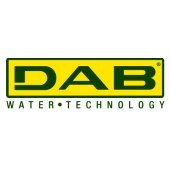GLOBAL WATER UTILITIES COULD CUT EMISSIONS BY 50%, AT LOW TO NO COST
 WATER UTILITIES COULD CUT their emissions dramatically and quickly, according to a paper from water technology company
WATER UTILITIES COULD CUT their emissions dramatically and quickly, according to a paper from water technology company
Xylem Inc titled Water Utilities: Moving Fast Toward
A Zero-Carbon Future. The document outlines the sector’s opportunity to reduce emissions quickly and affordably, with current, high-efficiency technologies.
“Water operators have long been stewards of such an essential resource. Water infrastructure is a cornerstone of every community and local economy around the world,” said Patrick Decker, Xylem’s President and CEO. “But today’s water systems are also major sources of global greenhouse gas (GHG) emissions – which is why a growing number of utility operators are showing leadership by committing to net-zero emissions targets.
“Readily available technologies are an important and affordable part of the roadmap in utilities’ race to zero,” continued Patrick.
“Combined with changes in process, policy and practice, these solutions can get utilities well on their way to net-zero emissions.” Xylem’s initial study of wastewater infrastructure, Powering the Wastewater Renaissance, found that 50% of electricity-related emissions from the wastewater sector can be abated with existing technologies, such as intelligent wastewater pumping systems, adaptive mixers with variable speed drives, and real-time decision support systems. Around 95% of this impact is achievable at zero or negative cost. Likewise, in clean water, further analysis by Xylem indicates that readily deployable high efficiency technologies such as advanced metering infrastructure (AMI) also have a material impact on emissions.
In the UK alone, utilities could save up to 10 million tons of GHG by reaching net zero in 2030.
The paper emphasises that deploying available high-efficiency technologies is one of several key steps leading utilities are taking as part of their wider strategies to reduce emissions. Others highlighted in the paper include making commitments to reduce emissions by joining the water sector’s Race to Zero and defining the supporting processes, policies, and practices needed to get to net zero, supported by Water UK’s Net Zero 2030 Routemap.
Back to Latest News


2.jpg&w=170&h=170)






3.png&w=170&h=170)

1.png&w=170&h=170)